-
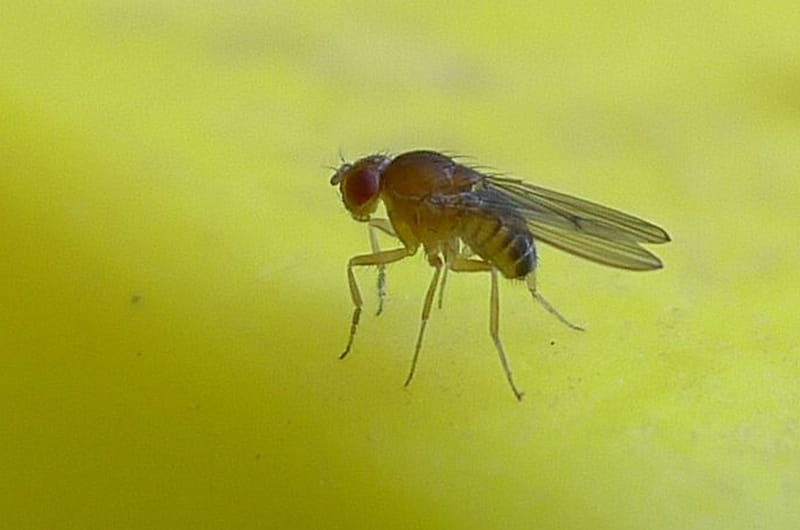
June 27, 2016
In testing multiple artificial sweeteners, a Drexel University research team found that one was particularly deadly for female fruit flies — and left males relatively untouched.
Read More
-
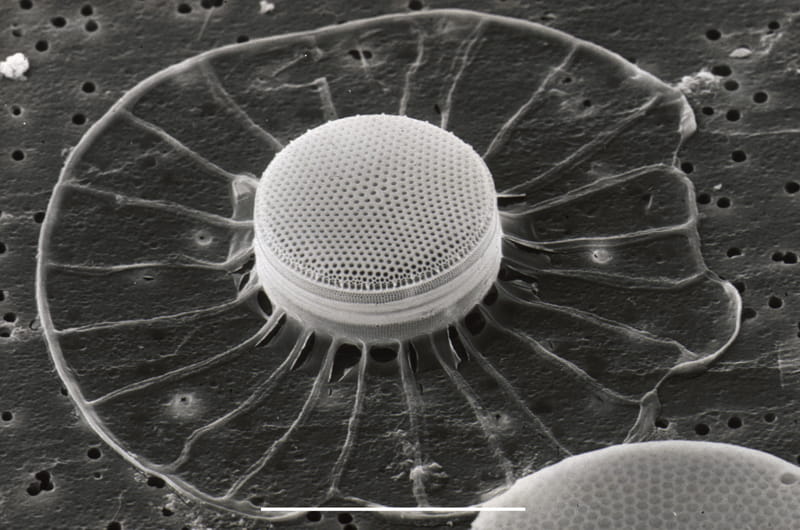
June 24, 2016
Tiny algae, called diatoms, living in water could be key to providing a definitive and clear measure of whether streams, rivers and lakes have damaging levels of nutrients in them.
Read More
-
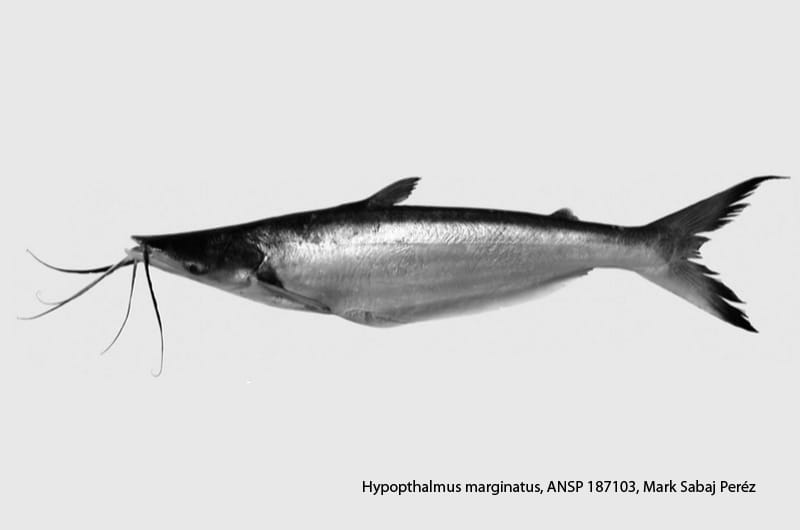
June 08, 2016
The Hypophthalmus catfish has long stumped scientists trying to explore its origins, but a pair of researchers from the Academy of Natural Sciences of Drexel University finally believes their analysis of the fish’s backbone and unique swim bladder has solved the puzzle.
Read More
-

June 06, 2016
China’s bamboo supply is more than enough to support giant pandas after it was discovered that they have bigger appetites than originally believed, but climate change could destroy their plentiful food source anyway.
Read More
-
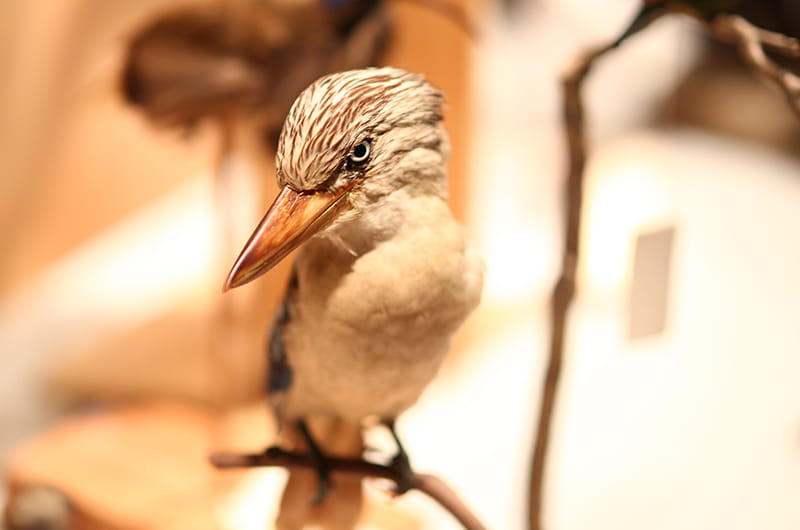
May 17, 2016
Birds from the Academy of Natural Sciences’ vast collection of taxidermy will be on display with fine and decorative arts from The Drexel Collection the Rincliffe Gallery May 20 through August 22.
Read More
-

May 11, 2016
Since the 1940s, a member of the Kaczmarczik family has studied, taught or worked on campus. Three generations of Kaczmarcziks have accumulated over 80 years of combined educational and professional experience at Drexel.
Read More
-
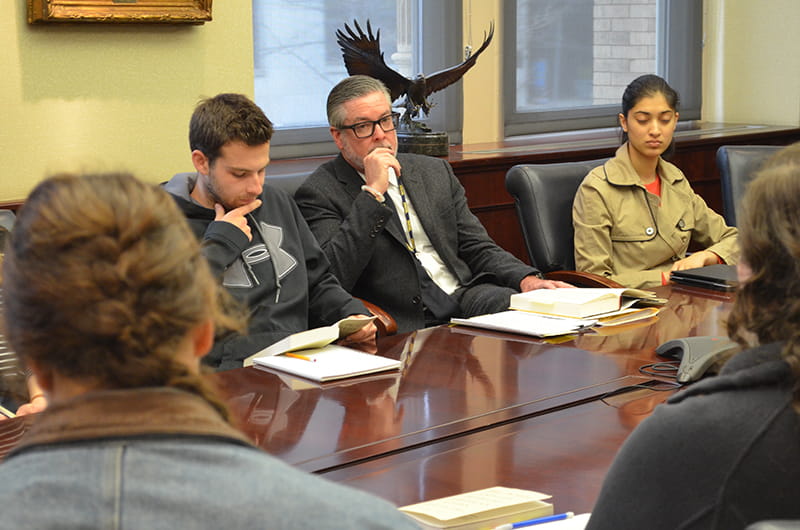
May 09, 2016
This spring, President John A. Fry has been bringing his experience with urban development and community planning to a course on Jane Jacobs’ “The Death and Life of Great American Cities” in the Pennoni Honors College.
Read More
-

April 29, 2016
All are invited to an open house on May 6 to discuss preliminary plans and ideas to improve and beautify Drexel’s University City Campus.
Read More
-
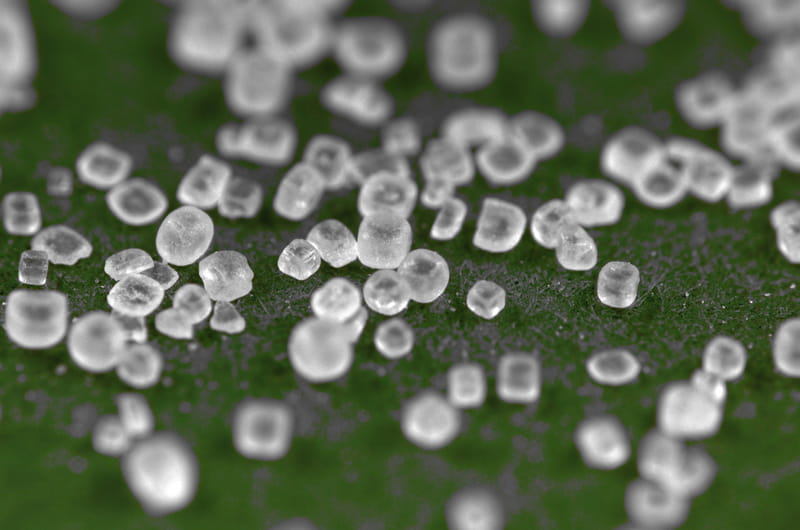
April 22, 2016
A team of researchers from Drexel University, Huazhong University of Science and Technology (HUST) and Tsinghua University recently discovered a way to improve the recipe and make the resulting materials bigger and better and soaking up energy — the secret? Just add salt.
Read More
-
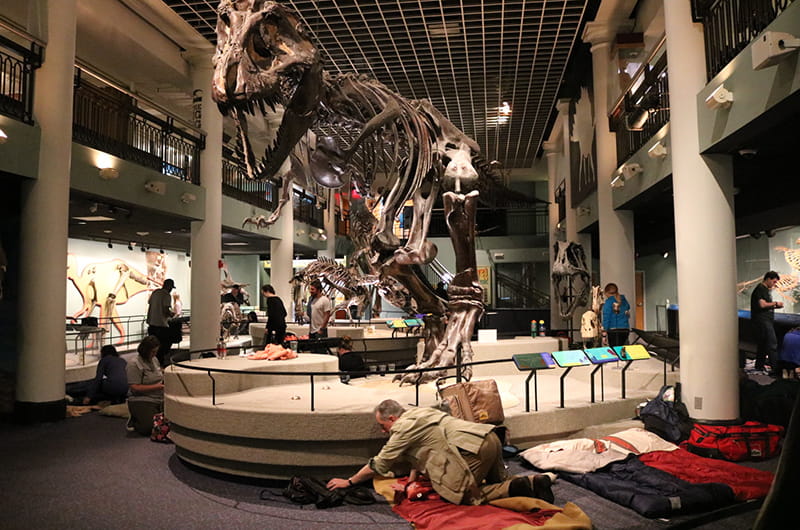
April 13, 2016
Forget the sleepovers you had as a kid. This adult version gets you up close and personal with some of the weirdest parts of the Academy’s extensive collection, all in the comfort of your pajamas.
Read More